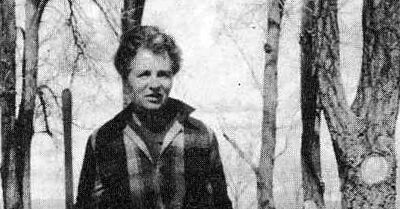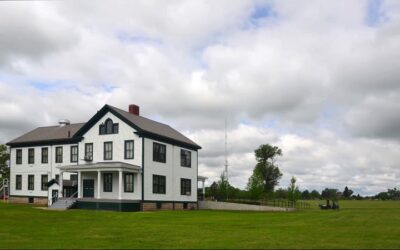Cholera was the most dreaded disease of overland travelers passing through the state in 1849 and the 1850s, and its possible recurrence was dreaded for decades afterward. The Nebraska State Journal, July 19, 1884, reported on a recent cholera outbreak in the French cities of Toulon and Marseilles which was suspected to have spread to New York. The Journal warned that even inland American cities such as Lincoln could not be complacent:
“The report is made by telegraph, the dread plague cholera has broken out in New York. Whether the report is true or not–and many think it is only a scare–it will do for another reminder to clean up.
“The city authorities are doing their full duty in this important matter, and it now remains for the people to do their part. In many parts of the city the officials find no difficulty in getting people alive to the necessity of cleaning filthy places that are deliberately near their houses, while in other sections the order is given and that is the end of it. . . . “But say you, if it be a mistake about there being cholera in New York there can be no danger here, so we will let the alleys and the dirty places rest while it is so hot.
“Let us see. The dreadful disease has for two weeks been killing people by the hundreds in Marseilles, Toulon, and other cities of southern France, and the inhabitants are fleeing in every direction. Ordinarily, should a frightened fugitive, bearing cholera germs, come toward America, he would reach New York in six days. With a foothold in New York the disease could come to Lincoln in three or four days, with time to stop by the wayside and kill a thousand dirty people. In short, were it not for quarantine the destroyer could travel from France to San Francisco in two weeks, and who knows how soon it may escape the vigilance of men? To be sure, there is no absolute safety from a visit of the terror to any city if it gets this wide of the sea, but the horrors of its coming may be largely defeated in any event if people in cities like Lincoln will only do their plain duty [to clean up].”



